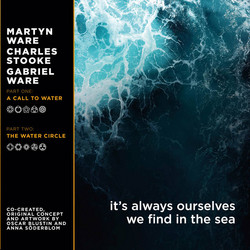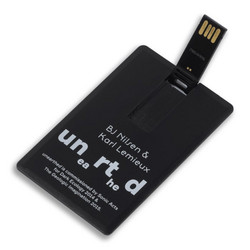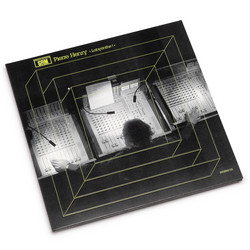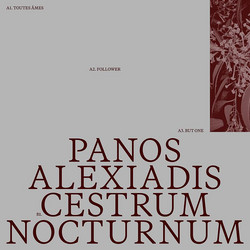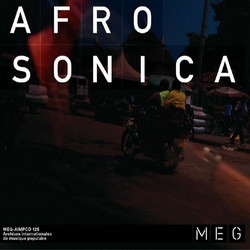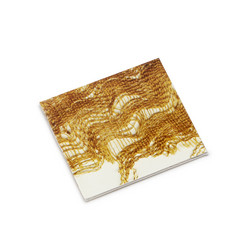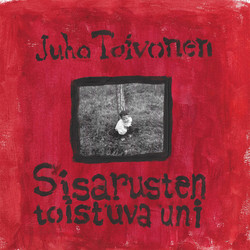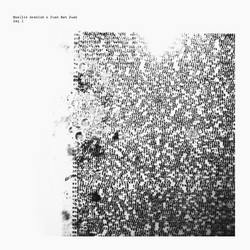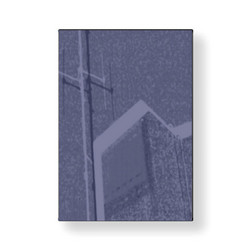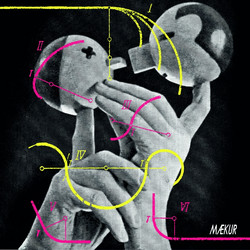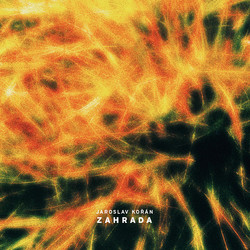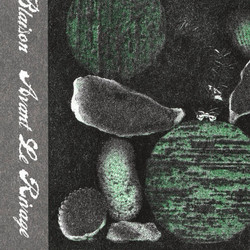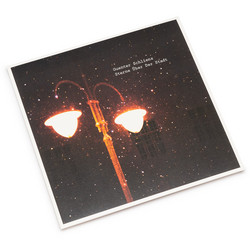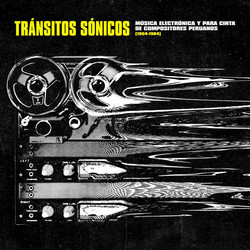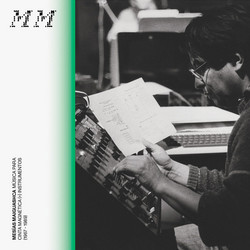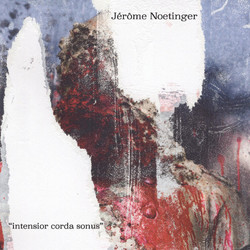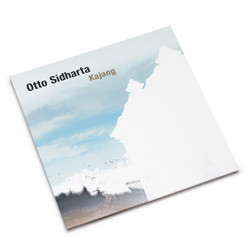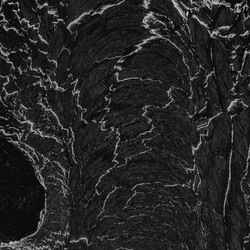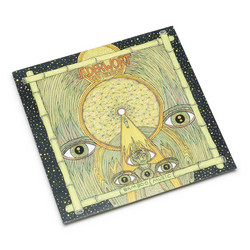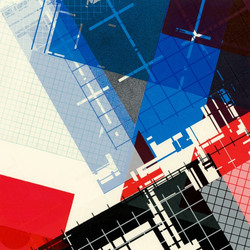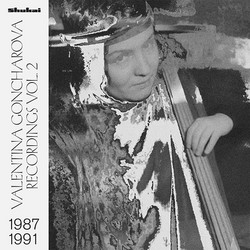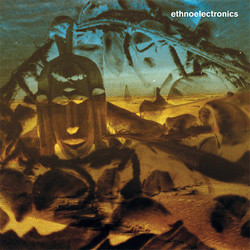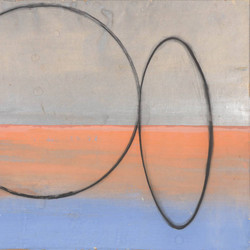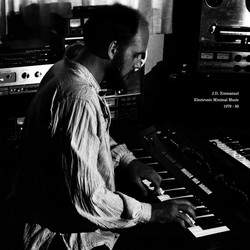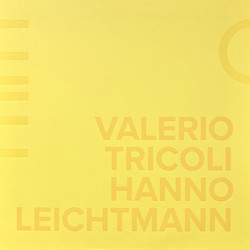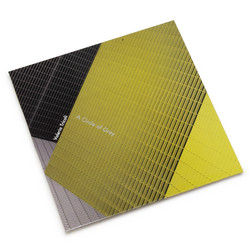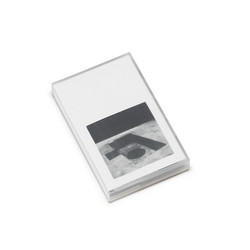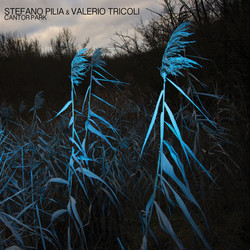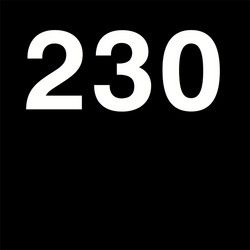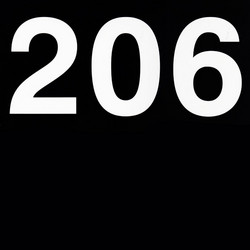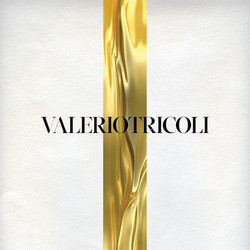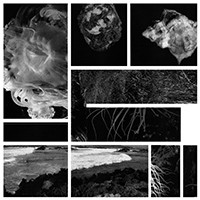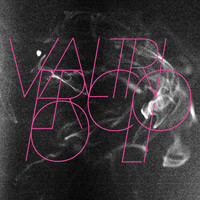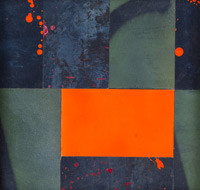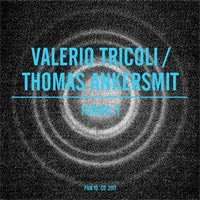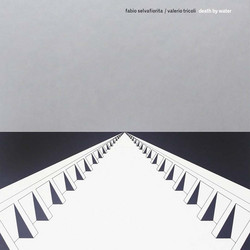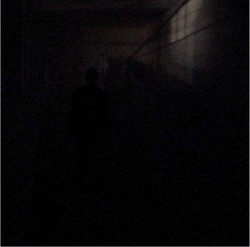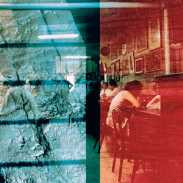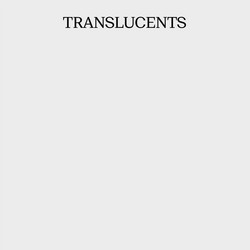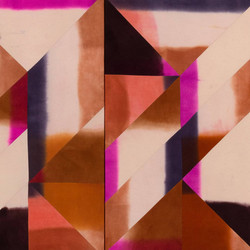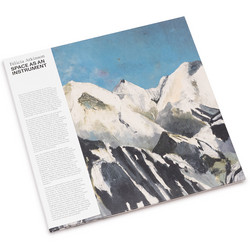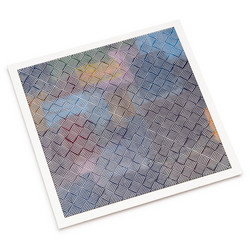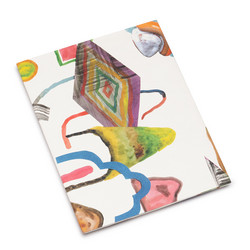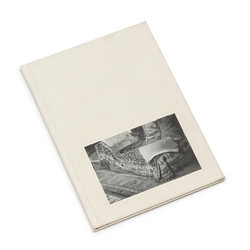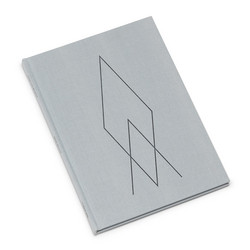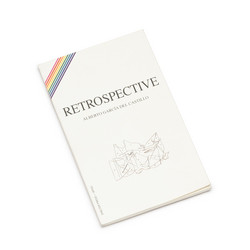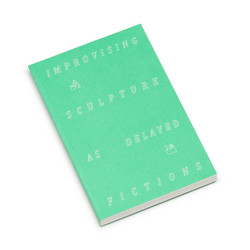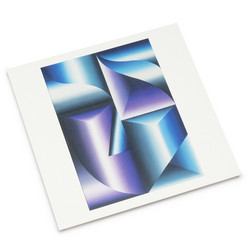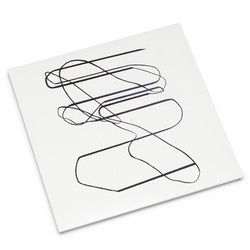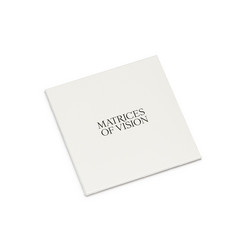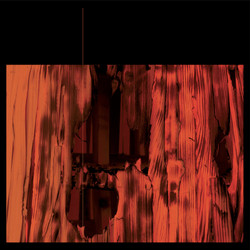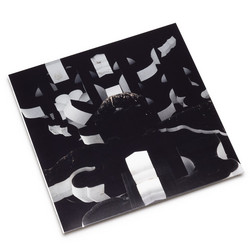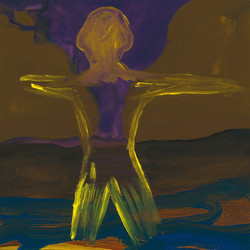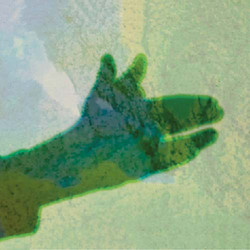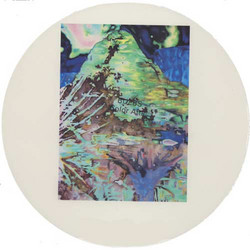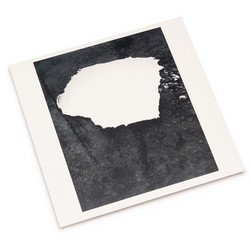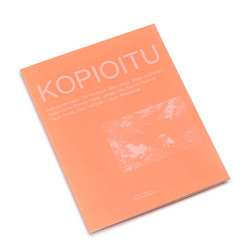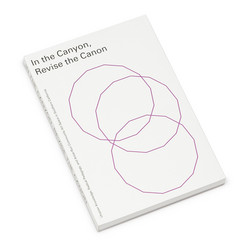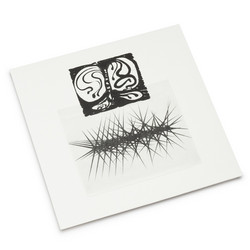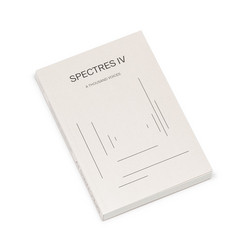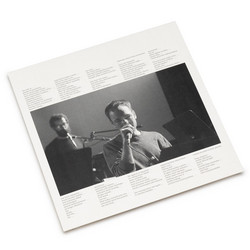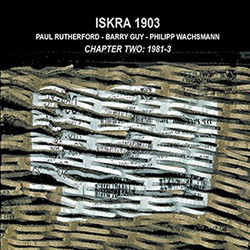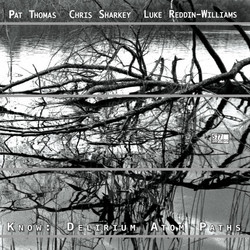Italian concréte maestro Valerio Tricoli outdoes himself with his Shelter Press debut, a masterclass in personalised, allegorical storytelling that transcends genre, piercing the membranes between electro-acoustic, modern composition, baroque chamber music and kosmiche psychedelia. It’s essential listening for deep listeners into Robert Ashley, Graham Lambkin, crys cole, Bernard Parmegiani. Tricoli has long inhabited a low-key but unique space within the experimental landscape; his run of PAN releases are essential contemporary rehabilitations of electro-acoustic tape music forms, and his tightrope walk between academic rigour and DIY basement grit is as technically virtuosic as it is breathtaking to behold.
Using a reel-to-reel tape recorder, he employs a hands-on method to create sounds that - to the untrained ear at least - can appear to be digitally constructed. Sampling field recordings, household clatter and ASMR / small sounds, Tricoli subverts our expectations of concréte soundscapes, adding a level of humanity back into a musical form that's evolved over the years into well-churned robotic formations. On 'Say Goodbye To The Wind', Tricoli binds his hard-to-place synthetic slivers with original instrumentation by Ecka Mordecai (cello), Lucio Capece (soprano sax), and Ida Toninato (vocals), to achieve disorienting, warped reflections of his reality, riddled with spatio-textural nuance and detail comparable to Bernard Parmegiani’s ‘De Natura Sonorum’ masterwork.
On the 25-minute opening track 'Spopolatore', named after Samuel Beckett’s experimental short story "Le Dépeupleur", he offsets sparse glockenspiel chimes over ASMR rustles and foley scrapes. In an attempt to mirror Beckett's text, Tricoli uses eerie insectoid sounds in repeating clusters, interspersing them with broken instrumentation and fragments of life - ringtones, voice notes, snatched conversations. Corrupted, tape-f#cked piano echoes across corroded glitches as strings blur into slapbacked noise and, before it shimmers to a close, the piece transitions into a cosmic synth symphony. 'Mimosa Hostilis' leans into Tricoli's inherent psychedelic instincts.
Beginning with a recording of his son breathing a few months after his birth, outside in Sicily, the track prompts sonic conversations about memory, trauma, desire and perception. It's a mind-unravelling piece that zips environmental shimmers over gurgling digital detritus, ominous drones and textures. We're manipulated by Tricoli's sensitivities, drawn Pied Piper-like down labyrinthine wormholes into spaces where voices are abstracted into dissociated conversations as animalistic skitters mutate into hypnotising rhythms. For the third and final piece, Tricoli looks back to 17th century German scientist Otto von Guericke on 'De Vacuum Magdeburgicus', sculpting baroque orchestral sounds into dystopian electro-acoustic futures. If the first act was Tricoli's response to diaristic ambient music and the second to modern experimental psychedelia, this one aims itself at heady contemporary classical. Guericke was known for his experiments with two copper hemispheres known as the "Magdeburg hemispheres" which he used to demonstrate atmospheric pressure - Tricoli represents this musically via his hands-on tape manipulation, contorting cello, saxophone and vocal sounds as he literally pushes and pulls tape ribbons across recording heads.
Tricoli’s role as a singular psychopomp is assured on this album, which suspends disbelief with timeless pathos and a breathtaking effect that’s as vivid as a waking dream. If you're into Graham Lambkin's abstracted tape-recorded audio diaries, Robert Ashley's ASMR operatics, crys cole's textural narratives or even Pan Daijing's noise-flecked emotional voyages, this one will likely project you into another realm.
